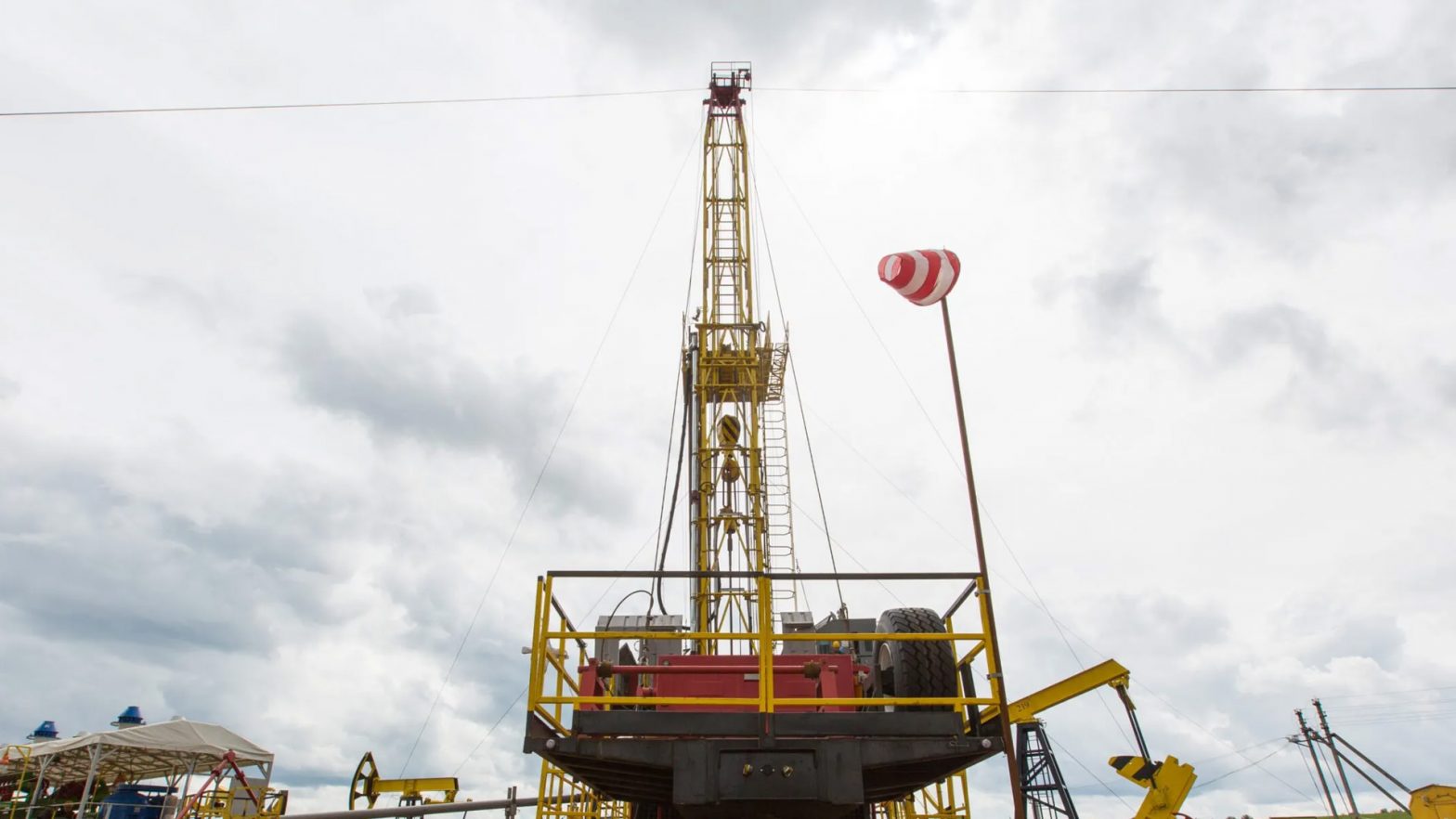
Moscow: Russian President Vladimir Putin has signed a decree to extend the country’s retaliatory measures against the Western-imposed price cap on Russian oil until June 30, 2025. This decree, published recently, follows an initial order issued on December 27, 2022, which prohibited the export of Russian oil and petroleum products under contracts that adhered to the price ceiling set by the G7 nations, the EU, and Australia.
The price cap, introduced by the EU at $60 per barrel for Russian seaborne crude oil in December 2022, was later applied to petroleum products starting February 5, 2023. The measures have been extended several times, with the latest extension originally set to last until December 31, 2024.
Despite these sanctions, revenue from Russia’s large and medium-sized oil and gas companies saw a significant increase of 34.2% year-on-year in the first half of 2024, totaling 38.3 trillion rubles (approximately $413 billion), according to local media reports. A study by the auditing and consulting firm FinExpertiza indicated that non-resource companies also experienced growth, with revenues rising by 19.5% to 98.7 trillion rubles (around $1 trillion).
The oil and gas sector’s contribution to total corporate revenue in Russia increased to 28%, up from 26% the previous year, while overall corporate turnover grew by 23.3%. FinExpertiza experts attribute this surge in oil and gas revenue to a weak ruble and rising global oil prices. The non-oil and gas sector, which made up 72% of total revenue, also showed a robust recovery, particularly in manufacturing, with sectors like metal products, electronics, and automotive driving growth.
